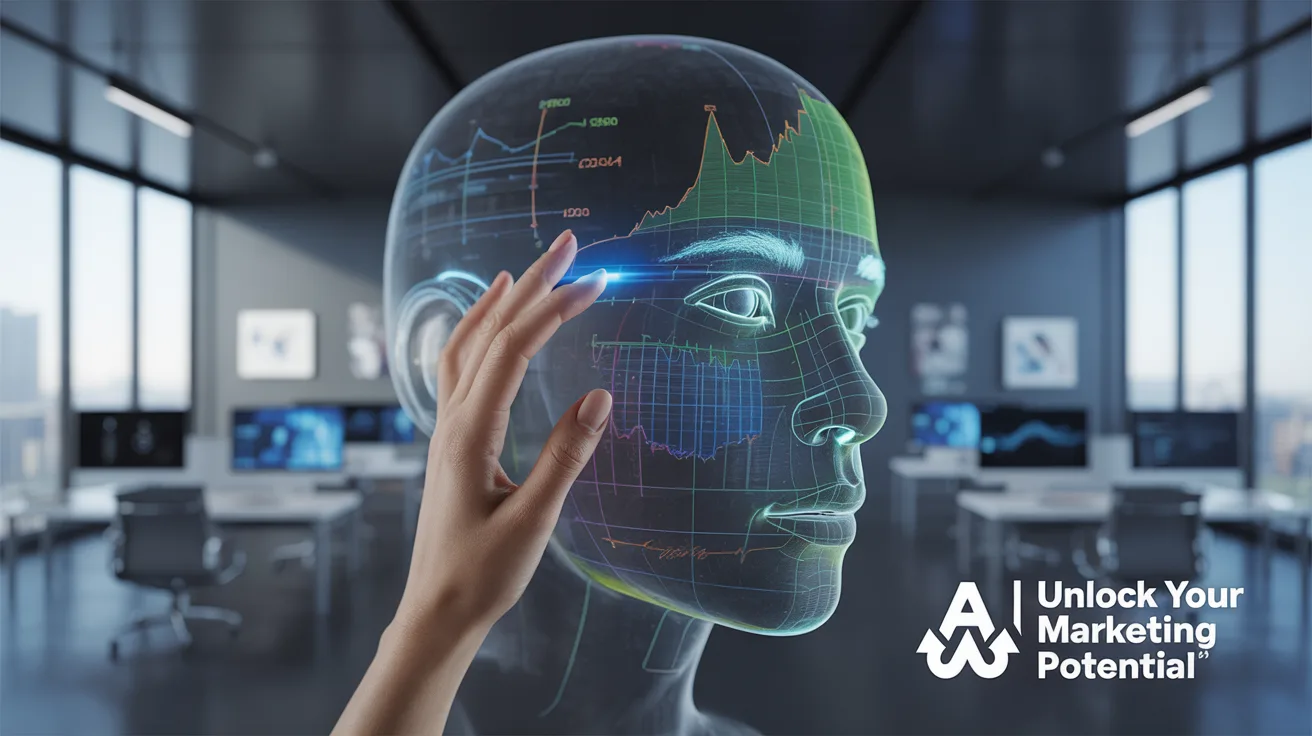Transforming Digital Marketing: The Role of AI and Automation

Introduction
Digital marketing is undergoing a major shift, driven by rapid advancements in artificial intelligence (AI) and automation technologies. According to a 2024 report by Statista, global spending on AI in marketing is expected to surpass $107 billion by 2028, up from $27.4 billion in 2023. This explosive growth highlights how businesses are increasingly relying on intelligent systems to enhance their outreach, optimize campaigns, and drive conversions.
In this article, we’ll explore how AI and automation are transforming the landscape of digital marketing, from customer targeting and content creation to campaign management and analytics.
Enhanced Customer Targeting and Personalization
To begin with, AI-powered tools allow marketers to analyze massive amounts of customer data in real-time. These systems can segment audiences based on behaviors, preferences, and demographics far more accurately than traditional methods. As a result, brands can create highly personalized content and offers that align with each user's interests.
Automation complements this by delivering the right message at the right time, whether through email, push notifications, or social media ads. This combination has significantly increased open rates, click-throughs, and conversions for modern marketing campaigns.
Intelligent Content Creation and Curation
Another key transformation is in content production. AI writing tools can now generate blogs, social media captions, email subject lines, and even video scripts based on keyword inputs and tone preferences. While they don’t replace human creativity, they help marketers scale content faster and maintain consistency.
In parallel, automation platforms can curate and distribute content based on trending topics or user engagement metrics. This ensures that content remains fresh, relevant, and optimized for each platform.
Predictive Analytics and Performance Optimization
AI also enables predictive analytics, which helps marketers forecast campaign performance, customer lifetime value, and churn rates. These insights allow for data-driven decisions, reducing guesswork and improving ROI.
Moreover, automation tools can A/B test multiple ad variations in real-time, automatically pausing underperforming assets and reallocating budgets to better-performing ones. This kind of optimization once manual and time-consuming is now handled instantly and at scale.
Smarter Chatbots and Customer Engagement
One of the most visible impacts of AI in marketing is the use of smart chatbots. These AI-driven assistants provide instant support, answer product questions, and guide users through the sales funnel all without human intervention. Available 24/7, they reduce workload on customer service teams and enhance user experience.
Automation platforms can integrate these bots into CRM systems, ensuring personalized follow-ups and capturing valuable lead data seamlessly.
Automated Email Marketing and Lead Nurturing
Email marketing remains a cornerstone of digital strategy, and automation has taken it to the next level. Marketers can now create workflows that send customized messages based on user behavior—such as visiting a webpage, downloading a resource, or abandoning a cart.
This ensures continuous engagement throughout the buyer journey, turning cold leads into loyal customers with minimal manual effort.
Dynamic Advertising and Retargeting
AI enables platforms like Google Ads and Meta to serve dynamic ads tailored to individual users. These systems analyze user behavior, browsing patterns, and conversion history to deliver ads that are most likely to convert.
When paired with automation, marketers can retarget users across devices and platforms automatically, ensuring consistent brand messaging and better ad performance.
Streamlined Marketing Operations
Beyond customer-facing benefits, AI and automation also improve internal workflows. From scheduling posts and tracking performance to generating reports and managing budgets, marketing teams can save hours each week by automating routine tasks.
This frees up time for strategy, creative development, and innovation functions that still require human input.
Cross-Industry Influence: Marketing Meets Physical Security
Interestingly, the adoption of AI and automation in marketing parallels innovations in other industries, including physical security. For instance, access control companies are integrating AI to manage identity verification, behavioral analytics, and real-time access permissions across hybrid workspaces. Companies like Coram have developed platforms that combine video surveillance and intelligent access management—technologies that mirror the marketing world’s shift toward automation and real-time insights. While serving different functions, both fields highlight the growing role of AI in enhancing efficiency and security at scale.
Challenges to Consider
Despite the advantages, integrating AI and automation comes with challenges. These include data privacy concerns, the need for ongoing human oversight, and the risk of over-automation, which can lead to impersonal communication. It's essential for businesses to balance efficiency with authenticity to maintain trust with their audience.
FAQs
Q1: Can AI completely replace digital marketers?
No, AI is a tool
that enhances marketers’ capabilities. While it automates tasks and provides
insights, human creativity, empathy, and strategic thinking remain essential.
Q2: What are the best AI tools for marketers?
Popular tools
include ChatGPT for content, HubSpot for automation, Jasper for copywriting, and
Google Analytics with predictive AI for insights.
Q3: Is automation only for large companies?
Not at all. Small
businesses can also leverage automation tools for emails, social media, and lead
nurturing—many of which are budget-friendly.
Conclusion
AI and automation are no longer optional in digital marketing—they’re essential for staying competitive. From customer targeting to campaign execution, these technologies enable smarter, faster, and more personalized marketing. However, the human touch remains critical to guide strategy, oversee AI use, and connect authentically with audiences.
Key Takeaways
- AI and automation enhance personalization,
targeting, and content delivery.
- Predictive analytics allows data-driven
marketing decisions with higher ROI.
- Chatbots, smart emails, and dynamic ads
improve engagement at scale.
- Automation reduces manual work, letting
teams focus on creativity and strategy.
- A balance of AI efficiency and human oversight is key for long-term success.
Share
Table Of Contents
- Introduction
- Enhanced Customer Targeting and Personalization
- Intelligent Content Creation and Curation
- Predictive Analytics and Performance Optimization
- Smarter Chatbots and Customer Engagement
- Automated Email Marketing and Lead Nurturing
- Dynamic Advertising and Retargeting
- Streamlined Marketing Operations
- Cross-Industry Influence: Marketing Meets Physical Security
- Challenges to Consider
- FAQs
- Conclusion
